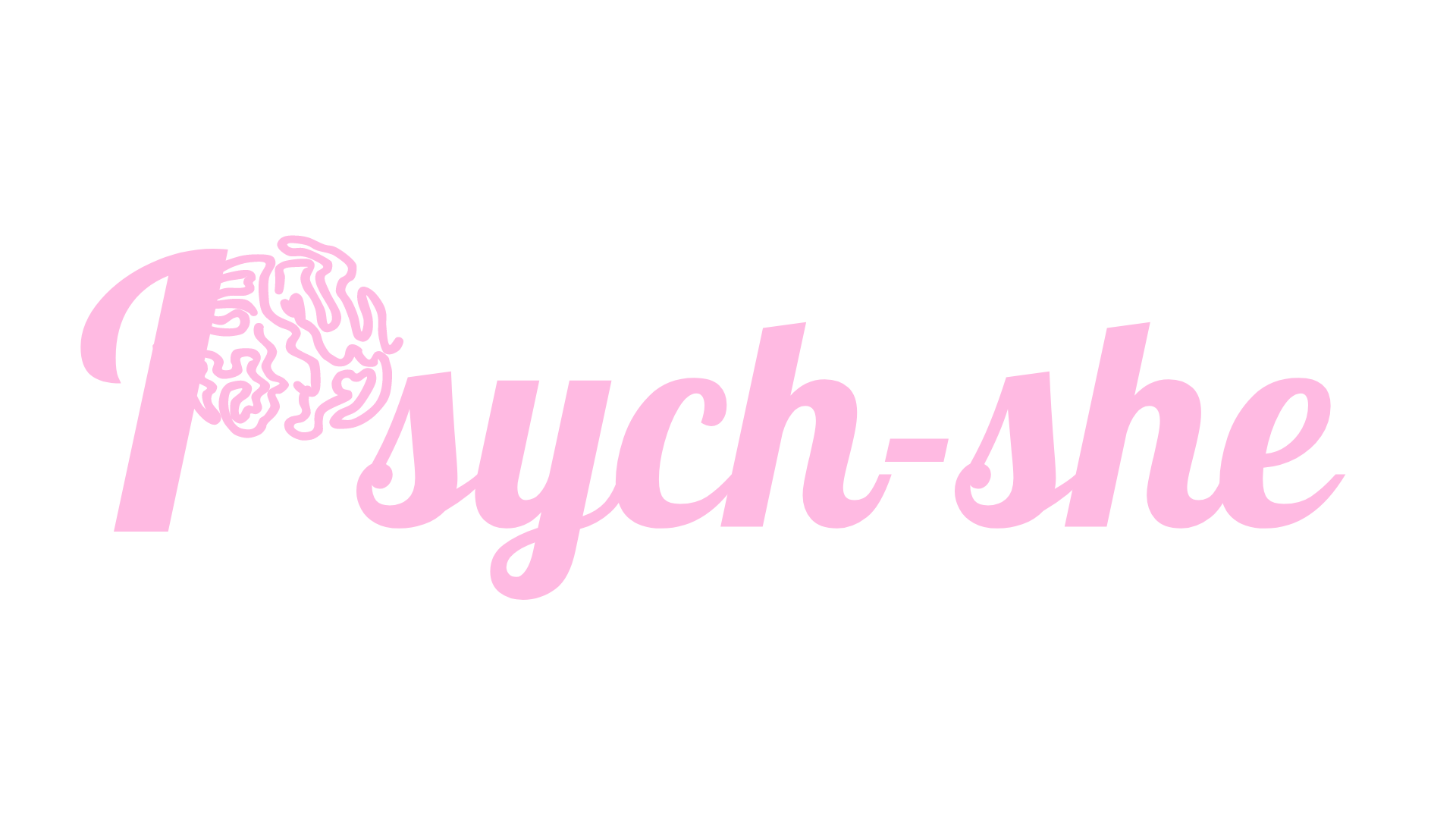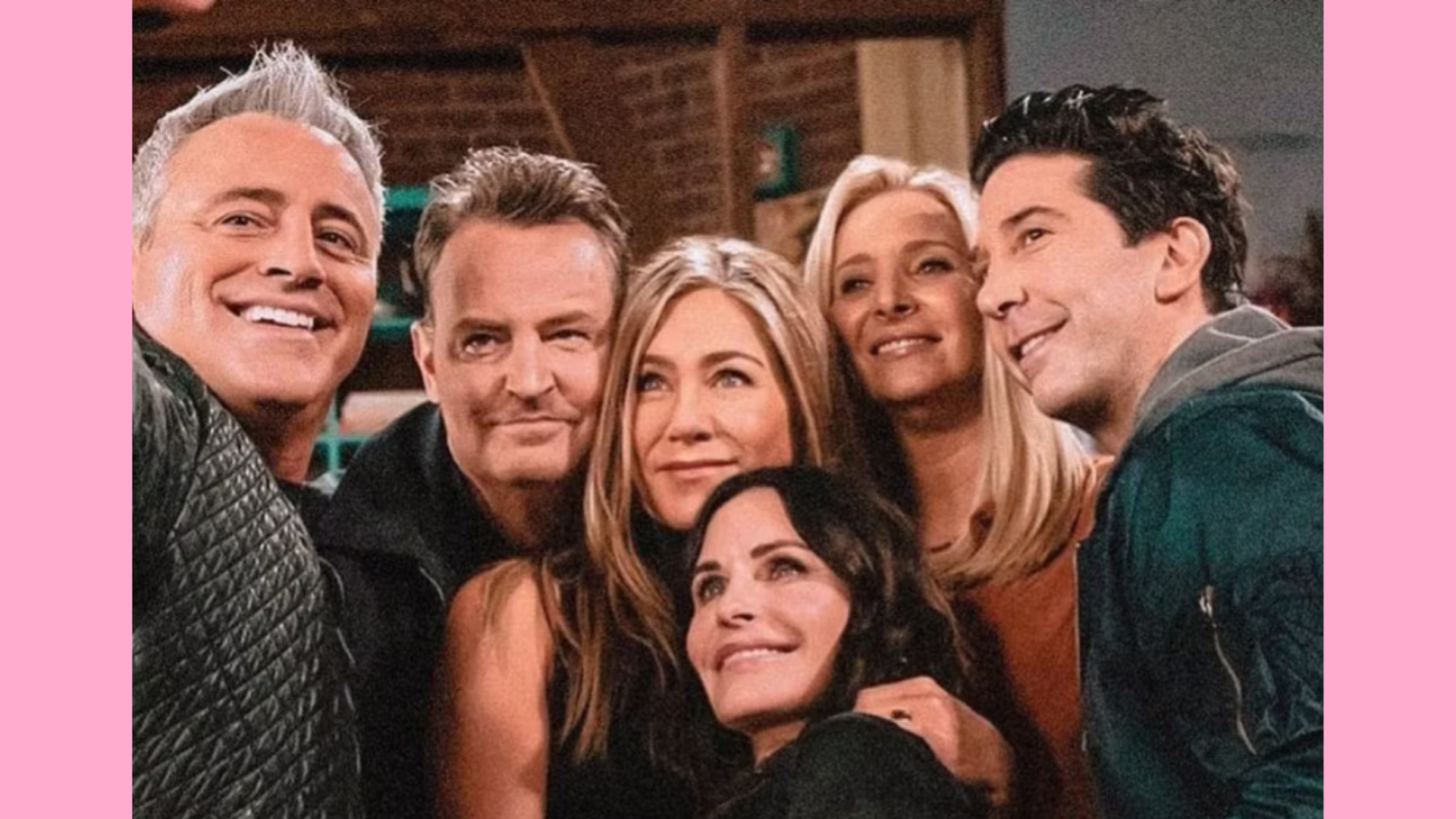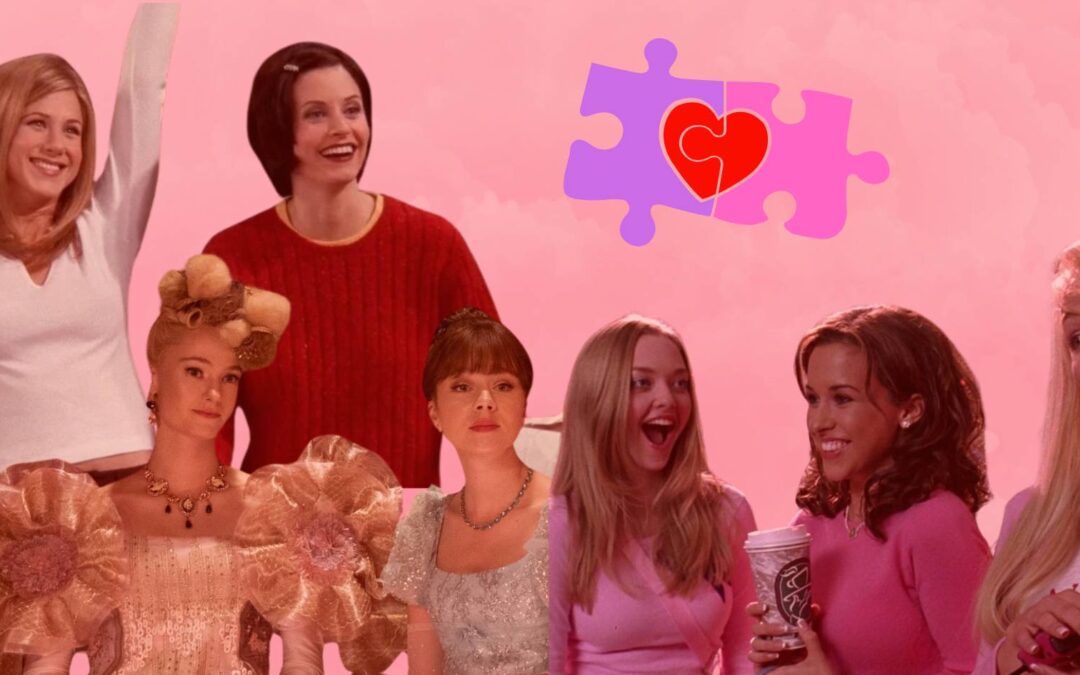Our friends, especially in our twenties, are the people we go to in times of crises and we rely on them to help us navigate an overwhelming and intimidating time of our lives. So why is romantic relationships the exception of what we will accept advice on.
What is it about our romantic relationships which make them so hard to receive criticism about? Somehow, whenever a friend says something bad about your partner it feels like they aren’t criticising the relationship but it can feel like a personal attack of you.
We’re quick to accept advice about spending, outfits, career choices, hobbies and all the other challenges we face as young women. We rely on the female influences in our lives for support and reassurance in times of need, in search for relatability and comfort that you’re not alone. Yet for some frustrating reason, receiving guidance about a relationship feels far less natural to receive help on.
Therapist and mental health expert, Sophie Cress, says the reason a woman can feel more upset if a friend criticizes flaws in her relationship can be because “Cognitive dissonance plays a significant role, being reminded of a known issue creates discomfort as it conflicts with their desire to view the relationship positively.
“The criticism can trigger feelings of shame and inadequacy, it might highlight perceived failures in their judgement or ability to sustain a healthy relationship. This can be more painful if the woman already struggles with low self-esteem.”
23-year-old Maya, says, “I have been with my boyfriend for four years now, and receiving any form of criticism from my friends about my relationship, has never gotten any easier.
“I know my friends know my boyfriend and I have a happy and healthy relationship. Any time they have pointed out things which they don’t agree with in our relationship have been valid and usually only prompted by some type of outburst from me. But if I’m being honest, I still hate hearing it.
“It aggravates me and rubs me up the wrong way. I want to find a better way to receive advice because I know If I was able to listen to what my friends were saying more, it would probably only help my relationship further and that’s saying something because I already think it’s pretty good.”
Instead of seeing friend’s opinions on romantic relationships and partners as exactly that, it seems a lot of us are guilty of taking the criticism as it being something which is against our own personality or a personal attack.
“Sexual connection are so closely linked to sense of identity and self-wroth, women may take their friends criticisms personally,” says Sophie. “It can come across as an attack of a person’s values, decisions and capacity for close relationships.
“On the other hand, if you’re receiving advice on careers or interests it tends to be more removed from a person’s inner essence. Partnerships deal with basic needs for love, connection and companionships, the stakes are higher.”
Ruby says, “When I broke up with my boyfriend, I was seeking out my friend’s advice but deep down I knew I wasn’t going to take it. I feel like in the moment I fully believed I was the only one who fully understood what was going on, so that meant their advice to me was invalid.”
When you are in a relationship with someone it can feel like no one around you truly understands what that relationship is like. The honest behind the scenes of what goes on between the pair of you can feel like a hidden thing which only you two are privy to. This only makes it harder to trust that the advice your friends give you is coming from a place where they can actually have an accurate representation of the relationship.
Not to mention, of course everyone’s relationships are individual to them. Each of us have varying needs of what we expect or seek out from a partner. So sometimes this makes it hard to know when to trust your friends’ opinions or expectations because they’re perspectives on a relationship may differ completely to yours.
“Woman may struggle to implement advice about their relationships due to the strong emotional attachments involved,” says Sophie. “These attachments can cloud judgement, making it challenging to objectively assess and act on advice”
It can be really hard to step back and look objectively at your relationship when there are so many complex feelings involved. But maybe those critical voices of our close friends, which we understandably want to ignore, are giving us an opportunity to see things through the objective lens that is just impossible for us to be able to see through.
Attachment styles can really affect not only our relationships, but according to Sophie also how receptive we are to the friend’s advice about our relationships. “Individuals with secure attachment styles tend to be more open to external input and less likely to perceive advice as a threat to their self-esteem.”
Whether friends should offer their opinion on their friend’s romantic relationship depends on context and the severity of concern. A rule of thumb, should probably be don’t offer unless asked. But next time you may be given unsolicited advice about your boyfriend or girlfriend, instead of being quick to feel personally attacked. Maybe pause to remind yourself, the chances are it’s coming from a place of concern and love.
Expert insight: Sophie Cress
Sophie Cress is a mental health and relationship expert. She has worked with a range of UK publications.




